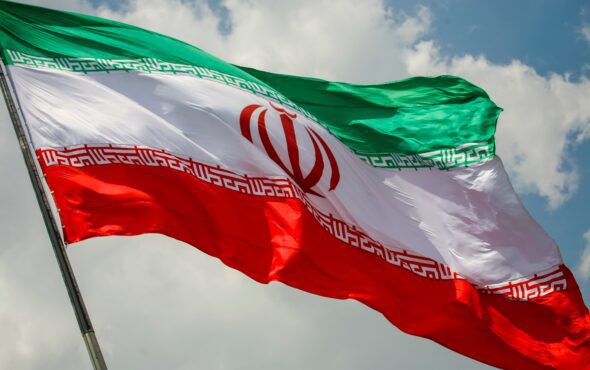
UN representatives have called for Iran to cancel its planned execution of two women LGBTQ+ rights activists.
On 4 September, Hengaw Organisation for Human Rights reported that Zahra Sedighi-Hamadani and Elham Choubdar were found guilty of “spreading corruption on earth” by a court in Urmia.
The horrifying verdict, which was reached in August, stemmed from the Urmia Public Prosecutor’s accusing the two women of “promoting homosexuality and Christianity” and “communicating with the media opposing the Islamic Republic” in January.
Sedighi-Hamadani and Choubdaral were also convicted on “trafficking” charges due to them assisting at-risk individuals with leaving the conservative country.
In response to the court’s decision, UN experts have demanded that Iran authorities release the two activists and renounce their archaic sentence.
“We strongly condemn the sentencing of Ms. Sedighi-Hamadani and Ms. Choubdar to death and call on authorities to stay their executions and annul their sentences as soon as possible,” the officials said.
“Authorities must ensure the health and well-being of both women and promptly release them from detention.”
The UN also asked authorities to investigate the inhumane conditions and treatments that Sedighi-Hamadani endured while in a dentition centre following her October arrest.
“We urge Iran’s authorities to investigate the alleged ill-treatment of Ms Sedighi-Hamadani while in detention, her enforced disappearance for 53 days, and the failure of judicial authorities to ensure due process in both women’s cases, which may also have violated their right to a fair trial among other human rights,” the experts continued.
“We call on Iran to repeal the death penalty and, at a minimum, reduce the scope of its application to only criminal actions that meet the threshold of the most serious crimes.
“Authorities have an international obligation to ensure that all human rights defenders in Iran can conduct peaceful and legitimate activities without fear of persecution or reprisals, including those working on sensitive issues such as sexual orientation and gender identity.”
As of this writing, the UN experts are closely monitoring the situation and are in contact with the country’s authorities.



